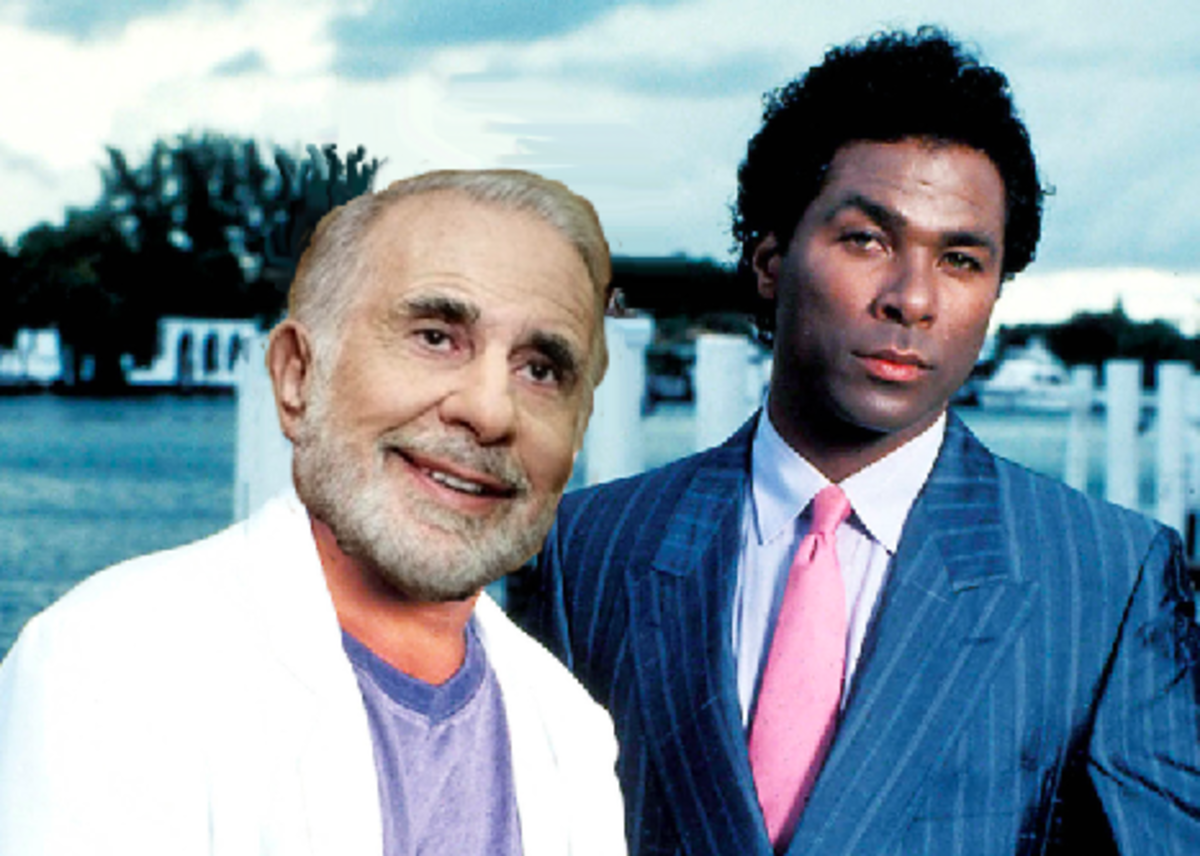
A group of anesthesia physicians is accusing insurance giant UnitedHealthcare of taking improper actions to force it out of network and jeopardize its relationships with providers.
In lawsuits filed in Texas and Colorado, U.S. Anesthesia Partners claims that UnitedHealthcare ended its long-standing relationships with its groups in those states, pushing them out of network to boost its profits.
Not only that, but the Dallas-based group is also accusing the payer of interfering with, undermining and eliminating its existing business and contractual relationships with healthcare facilities, individual surgeons and patients in Texas and Colorado.
In both lawsuits, the anesthesia group describes the insurer as a “boa constrictor,” squeezing the group from all sides.
But Minnetonka, Minnesota-based UnitedHealthcare insists that it is the entity being pressurized.
U.S. Anesthesia Partners is using the lawsuits to force the payer “into agreeing to its rate demands and to distract from the real reason that it no longer participates in our network,” said Matt Wiggin, a UnitedHealthcare spokesperson, in an email.
“The reality is that many private equity-backed physician staffing companies like USAP expect to be paid double or even triple the median rate we pay other physicians providing the same services,” Wiggin said. “While these egregiously high rates help meet the profit expectations of their private equity owners, they also drive up the cost of care and make healthcare less affordable for people across the country.”
Being pushed out of its network is not the only issue with UnitedHealthcare that U.S. Anesthesia Partners details in its lawsuits.
The payer allegedly used multiple unlawful tactics and pressure campaigns to interfere with U.S. Anesthesia Partners’ relationships with providers and patients.
The Texas lawsuit claims that these tactics include bribing in-network surgeons with new contracts that provide significant financial incentives in exchange for their commitment to steer patients away from the anesthesia group; and imposing penalties on hospitals and other healthcare facilities that have contractual agreements with the group to force the facilities to stop using their services.
The Colorado lawsuit includes the above accusations and adds one more: the insurer provided misleading and inaccurate information about the anesthesia group to patients and other stakeholders.
Further, UnitedHealthcare intentionally pressured surgeons to refer cases away from U.S. Anesthesia Partners and toward other anesthesia providers that they selected, the lawsuits allege.
UnitedHealthcare is the largest healthcare insurance company in the U.S., and its parent company, UnitedHealth Group, also owns Optum, which operates the largest physician practice organization in the country with approximately 53,000 employed and affiliated physicians nationwide, according to the Texas lawsuit.
“In this way, United and its affiliates have extended their tentacles into virtually every aspect of healthcare, allowing United to squeeze, choke, and crush any market participant that stands in the way of [its] increased profits,” the Texas lawsuit states.
U.S. Anesthesia Partners is demanding a jury trial in both lawsuits as well as asking to be awarded damages, reasonable attorney’s fees and costs of the suits, and pre-and post-judgment interest.
Photo: Bet_Noire, Getty Images



 Jordan Rothman is a partner of
Jordan Rothman is a partner of 




 Tyler Broker’s work has been published in the Gonzaga Law Review, the Albany Law Review, and is forthcoming in the University of Memphis Law Review. Feel free to
Tyler Broker’s work has been published in the Gonzaga Law Review, the Albany Law Review, and is forthcoming in the University of Memphis Law Review. Feel free to 





 Kathryn Rubino is a Senior Editor at Above the Law, and host of
Kathryn Rubino is a Senior Editor at Above the Law, and host of 

